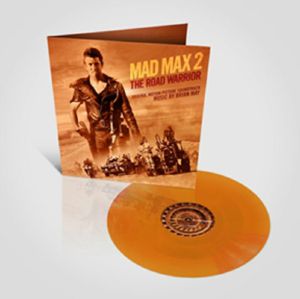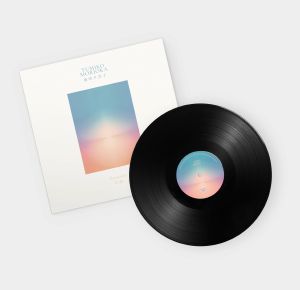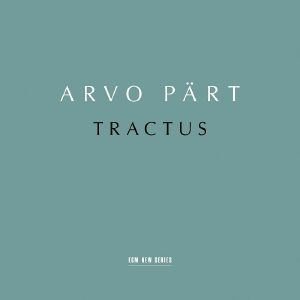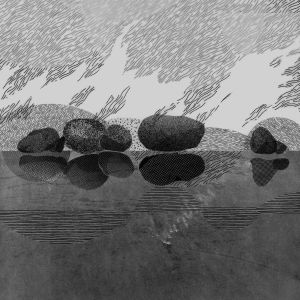Filter
Stock
Music
Artist
Release Title
Price
Back catalogue: Leftfield
Juno's full catalogue of Leftfield
Álbumes
Mad Max 2: The Road Warrior (Soundtrack) (limited gatefold translucent amber vinyl LP)
Cat: SILLP 1559O. Rel: 15 Apr 25
in stock $36.05
Review: Yumiko Morioka's Resonance was originally released in 1987 on Akira Ito's Green & Water imprint. Album, artist and label would all trifect to help along the enviro-ambient sound of which Ito was to become a part. For its quiescent but heartrending chamber pianos, Resonance was known for its use mostly in documentaries and as background music for spas, which hardly befitted the weight of Morioka's actual achievement at the time. By 1994, Morioka had moved to California, where she had shifted her focus to family life, unaware that Resonance had gained a new following outside Japan via online platforms. In 2017, when Morioka learned of this, she was recovering from a devastating California wildfire that destroyed her home and belongings. Despite the tragedy, she returned to Japan, worked in commercial music, and later opened a chocolate shop in Tokyo. Resonance, recorded on a Bosendorfer grand, blends improvisation with calm, introspective beauty, influenced by both Japanese environmental music and Western composers such as Erik Satie. The album was remastered in 2023, preserving its serene quality.
… Read more in stock $26.07
Arvo PART / TONU KALJUSTE / MARIA LISTRA / ESTONIAN PHILHARMONIC CHAMBER CHOIR / TALLINN CHAMBER ORCHESTRA
Tractus (2xLP + booklet)
Cat: 485916 7. Rel: 22 Apr 25
Review: In celebration of Arvo Part's 90th year, his latest release showcases the Estonian composer's continued exploration of minimalist, spiritually charged sound . Part's work has always sought to blend the sacred with the secular, and this collection of new renditions brings forward the timeless resonance of his choral and orchestral compositions. Opening with 'Littlemore Tractus,' based on John Henry Newman's reflections, the piece sets the tone of quiet, introspective change that permeates the entire work. His music, a dialogue between sound and silence, invites profound contemplation, with the Tallinn Chamber Orchestra and the Estonian Philharmonic Chamber Choir under Tonu Kaljuste's direction offering nuanced, deeply attentive performances. Compositions like 'Vater unser,' showcase Part's ability to transform liturgical text into transcendent musical experience. There's an undeniable spiritual gravity in pieces such as 'Cantique des degres' and 'Sequentia,' where strings and vocals weave in delicate yet forceful patterns, revealing a steady undercurrent of renewal. The rich textures in these works evoke both a longing for and a reconciliation with the past, capturing Part's life-long exploration of sacred music's dialogue with the world. The album culminates with 'Vater unser,' an evocative reworking that brings together choir, strings, and piano, offering a meditative close to an album that is as much about reflection as it is about the continued forward momentum of Part's artistry. Recorded in Tallinn's Methodist Church, this latest chapter is a continuation of the Part-Eicher partnership that has defined so much of his career, expanding the legacy of albums like Tabula rasa and reinforcing Part's place as one of the most significant voices in contemporary classical music of the 20th and 21st centuries.
… Read more! low stock $46.42
Review: Deep Valley is a new collaborative work by Australian artists Seaworthy aka Cameron Webb and Matt Rosner and they came together for it during a week-long residency at Bundanon Art Museum in New South Wales. The property which was gifted to the Australian public by artists Arthur and Yvonne Boyd in the 1990s offers a unique landscape along the Shoalhaven River and is surrounded by sandstone cliffs and diverse wildlife. Drawing inspiration from Boyd's belief that "you can't own a landscape," Deep Valley combines the inspiration of that setting with environmental recordings, guitars, piano, and electronic processing all of which aim to highlight the transient nature of ecosystems and encourage you to reconnect with the sounds of nature.
… Read more in stock $14.70

 USD
USD










